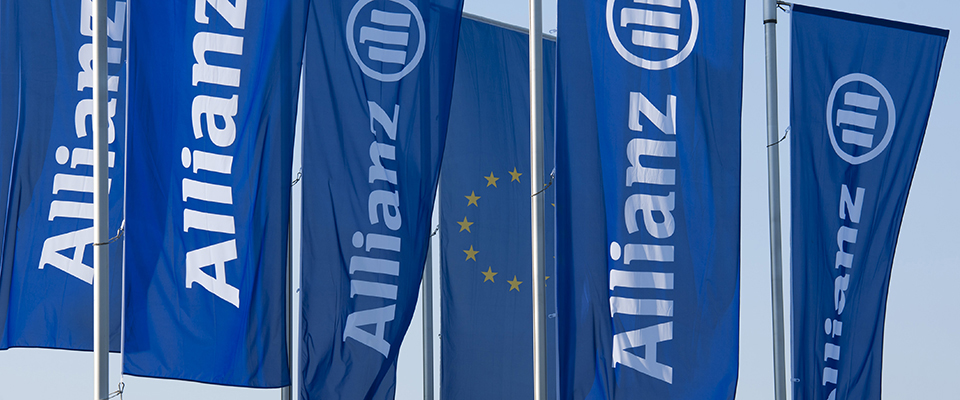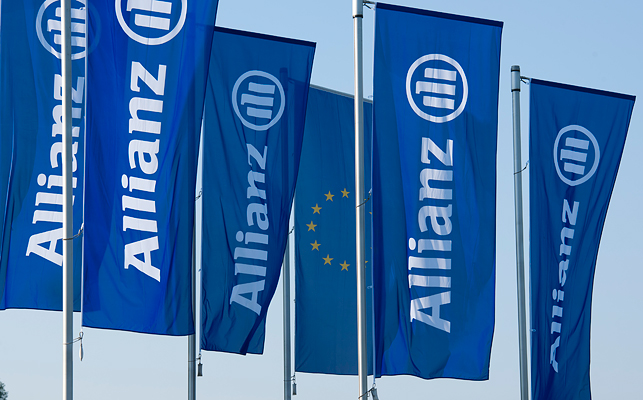The ground was prepared last year. It’s now time to plant the seeds.
In September 2019, Allianz had joined forces with 11 other large institutional investors of the world to take a bold pledge: facilitate the decarbonization of the world economy, starting with making own portfolios carbon-neutral by 2050.
Since then, both the number of members of the Asset Owner Alliance (AOA) and their collective assets under management have doubled. The United Nations-convened alliance is now 30-strong, comprising insurers, pension funds, a state wealth fund and a foundation, controlling investments of about $5 trillion.
This month, the AOA set its first defined target for members – a reduction of 16-29 percent in greenhouse gas (GHG) emissions contained in own portfolios until 2025.



